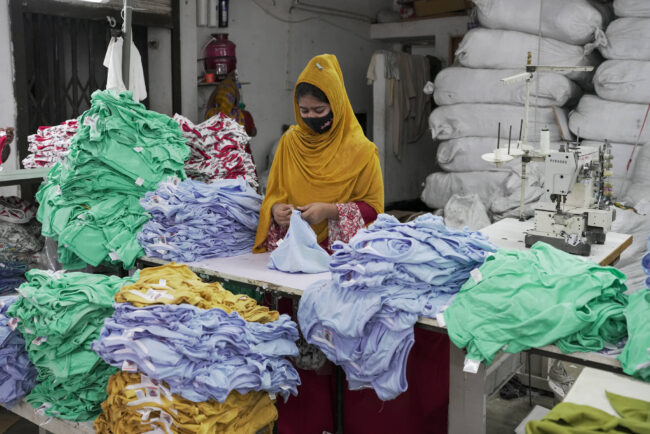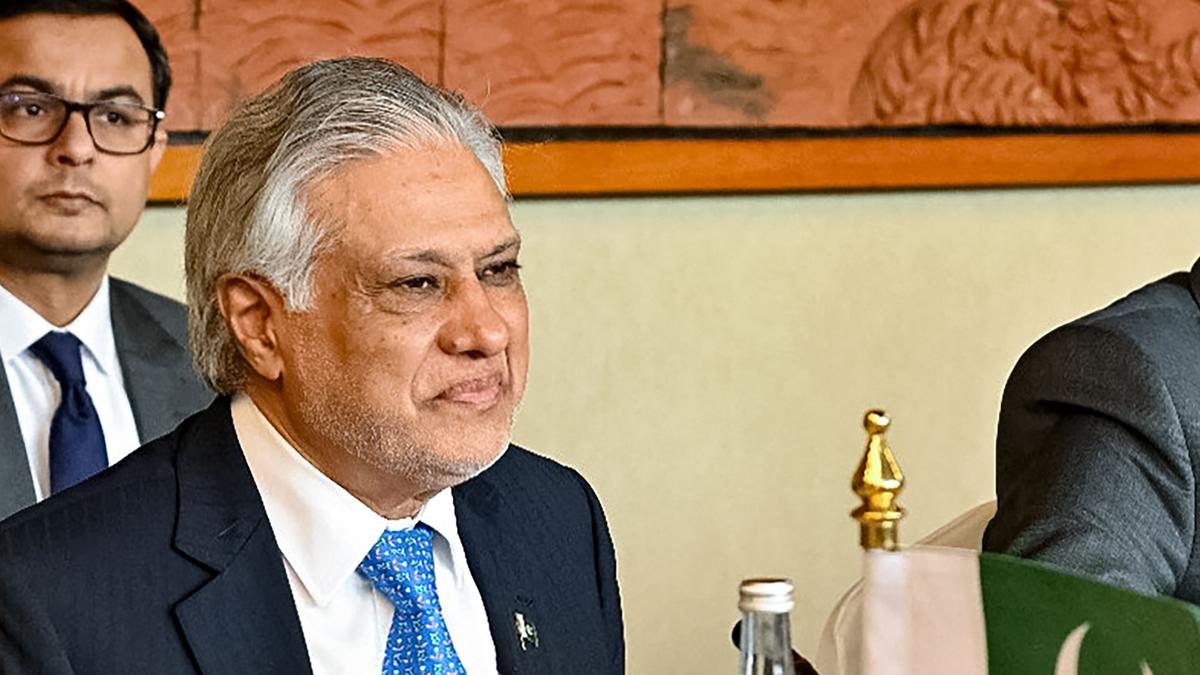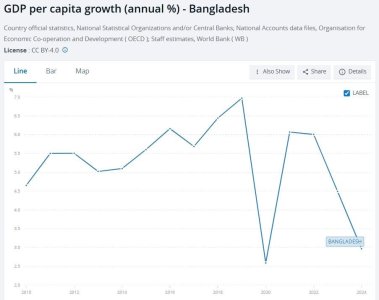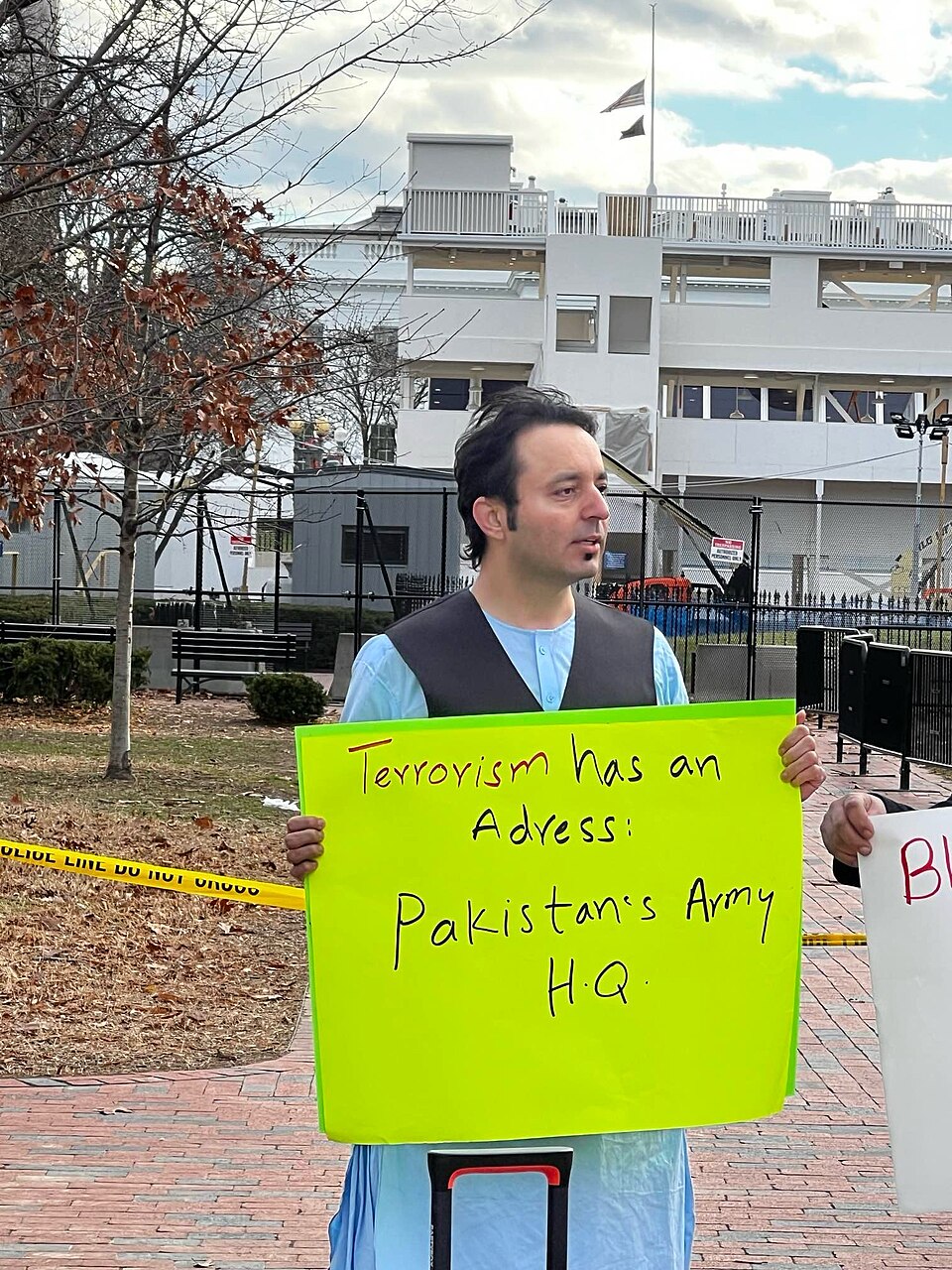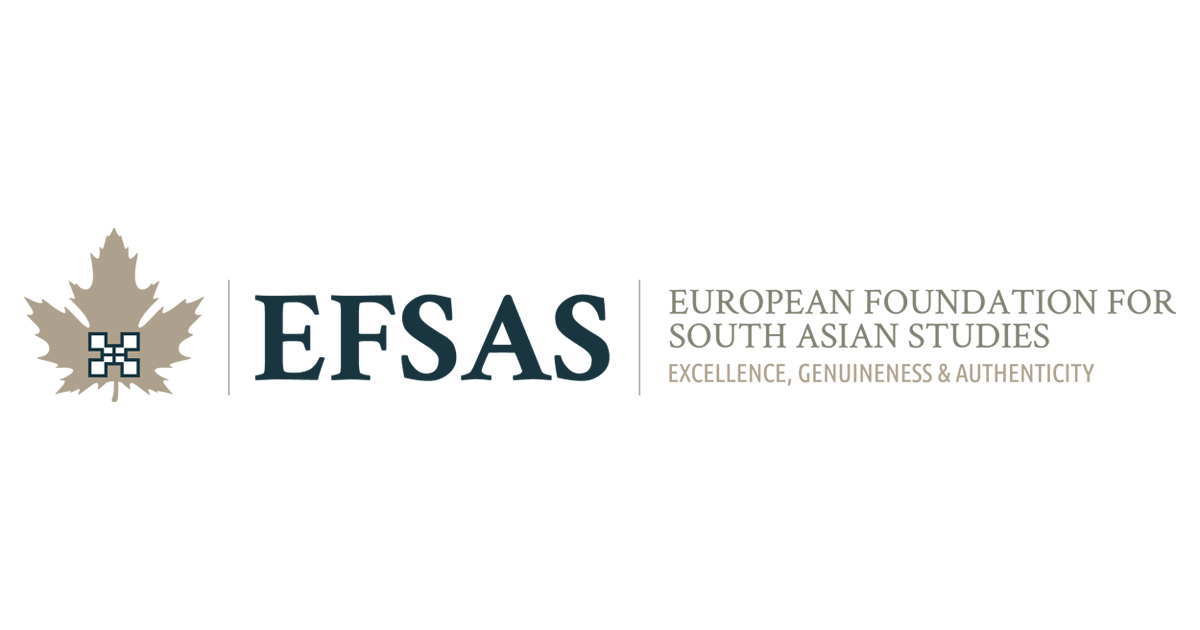Bhaag Viru Bhaag
T20I Star
- Joined
- Aug 20, 2013
- Runs
- 31,718
More than five decades after Bangladesh’s bloody war of independence, Dhaka and Islamabad are rediscovering each other. The trigger: the fall of Sheikh Hasina’s regime in August 2024, a watershed that has altered South Asia’s geopolitical chessboard.
In the past year, Pakistan has stepped up outreach with Bangladesh’s interim government led by Nobel laureate Professor Muhammad Yunus, while Dhaka’s ties with New Delhi have visibly cooled.
Indian defence and security circles are watching nervously. “India sees the closeness between the two countries with serious concern,” intelligence sources told News18. The worry is not just about history, but about the future, with China in the mix, News18 report added.
Dar’s Dhaka visit: Six agreements signed
On August 23–24, Pakistan’s Deputy Prime Minister and Foreign Minister Ishaq Dar made a two-day visit to Dhaka, the first by a Pakistani foreign minister in 13 years. The trip produced six formal agreements, including:
A cultural exchange programme
Pakistan’s Ministry of Foreign Affairs hailed the visit as a “significant milestone.” Dar also announced a Pakistan-Bangladesh Knowledge Corridor, offering 500 scholarships to Bangladeshi students, including 125 in medicine, and training slots for 100 Bangladeshi civil servants over five years.
Civil and military reset: from generals to student leaders
The outreach wasn’t limited to paperwork. Bangladesh Army’s Quarter Master General Lt. Gen. Md Faizur Rahman travelled to Pakistan, meeting Gen. Sahir Shamshad Mirza, Chairman of Pakistan’s Joint Chiefs of Staff Committee. Both sides pledged to enhance defence and security cooperation.
Dar, meanwhile, met not only with government officials but also with opposition parties and street-movement leaders, including:
Despite the warm optics, Dhaka hasn’t forgotten 1971. Foreign Adviser Md Touhid Hossain said Bangladesh used the talks to press for:
Dar pushed back, arguing that issues were settled in 1974’s tri-partite talks with India, and later when Gen. Pervez Musharraf expressed regret during a Dhaka visit.
Why India is worried
For India, which once encircled and heavily influenced Bangladesh, the sudden reset with Pakistan changes the equation. News18 reported that Indian concerns are concentrated on three fronts:
In the past year, Pakistan has stepped up outreach with Bangladesh’s interim government led by Nobel laureate Professor Muhammad Yunus, while Dhaka’s ties with New Delhi have visibly cooled.
Indian defence and security circles are watching nervously. “India sees the closeness between the two countries with serious concern,” intelligence sources told News18. The worry is not just about history, but about the future, with China in the mix, News18 report added.
Dar’s Dhaka visit: Six agreements signed
On August 23–24, Pakistan’s Deputy Prime Minister and Foreign Minister Ishaq Dar made a two-day visit to Dhaka, the first by a Pakistani foreign minister in 13 years. The trip produced six formal agreements, including:
- Visa abolition for diplomatic and official passport holders
- A Joint Working Group on Trade
- MoUs between both countries’ foreign service academies
A cultural exchange programme
Pakistan’s Ministry of Foreign Affairs hailed the visit as a “significant milestone.” Dar also announced a Pakistan-Bangladesh Knowledge Corridor, offering 500 scholarships to Bangladeshi students, including 125 in medicine, and training slots for 100 Bangladeshi civil servants over five years.
Civil and military reset: from generals to student leaders
The outreach wasn’t limited to paperwork. Bangladesh Army’s Quarter Master General Lt. Gen. Md Faizur Rahman travelled to Pakistan, meeting Gen. Sahir Shamshad Mirza, Chairman of Pakistan’s Joint Chiefs of Staff Committee. Both sides pledged to enhance defence and security cooperation.
Dar, meanwhile, met not only with government officials but also with opposition parties and street-movement leaders, including:
- Jamaat-e-Islami’s deputy chief Syed Abdullah Muhammad Taher
- Leaders of the Bangladesh Nationalist Party (BNP)
- The new National Citizen Party (NCP), which spearheaded the uprising against Hasina
Despite the warm optics, Dhaka hasn’t forgotten 1971. Foreign Adviser Md Touhid Hossain said Bangladesh used the talks to press for:
- A formal apology or expression of regret for the war
- Settlement of pre-independence assets
- The fate of stranded Pakistani citizens
Dar pushed back, arguing that issues were settled in 1974’s tri-partite talks with India, and later when Gen. Pervez Musharraf expressed regret during a Dhaka visit.
Why India is worried
For India, which once encircled and heavily influenced Bangladesh, the sudden reset with Pakistan changes the equation. News18 reported that Indian concerns are concentrated on three fronts:
- India-Pakistan border – heightened risk of cross-border militancy
- India-Bangladesh border – possibility of Islamist groups gaining space with Pakistani backing
- India-China border – Beijing’s deepening footprint in Bangladesh, alongside Pakistan, stretching Indian defence resources
Last edited by a moderator:








